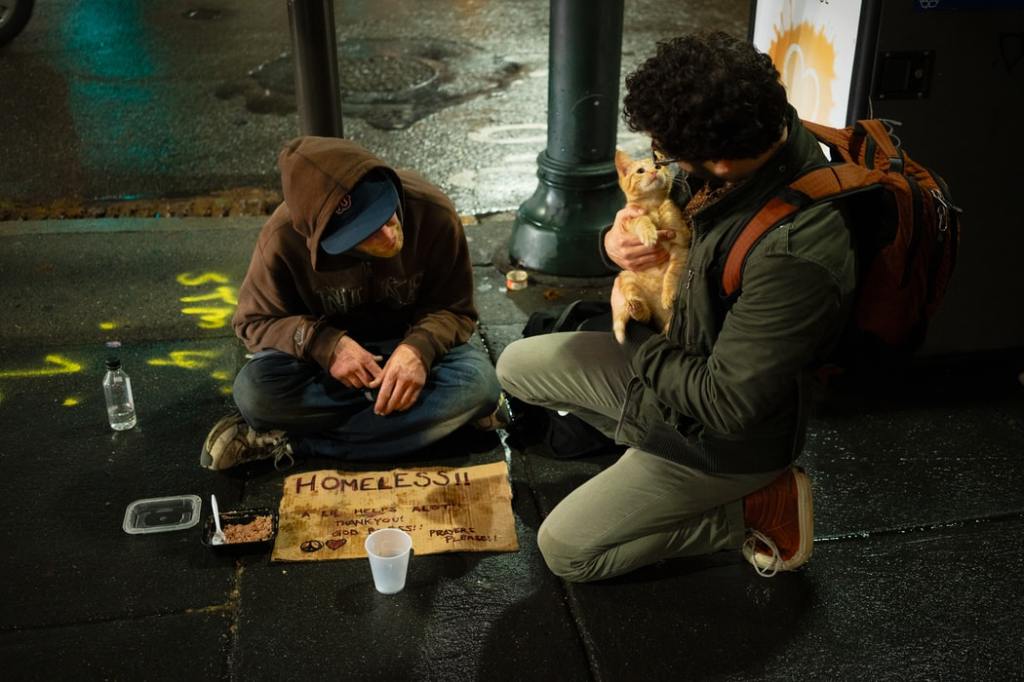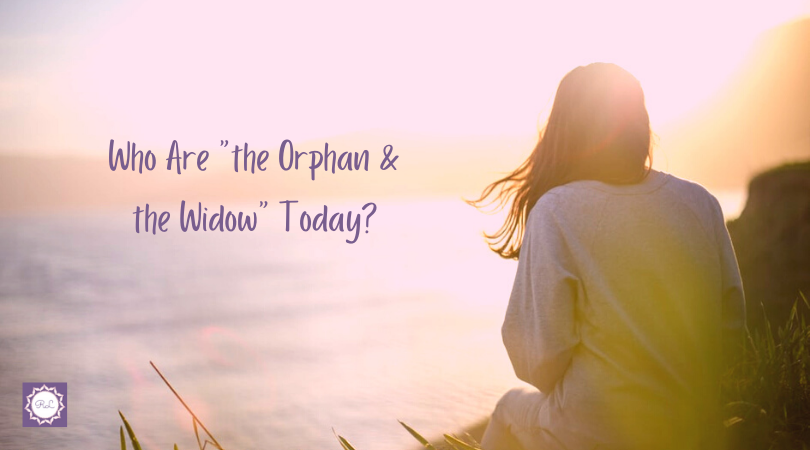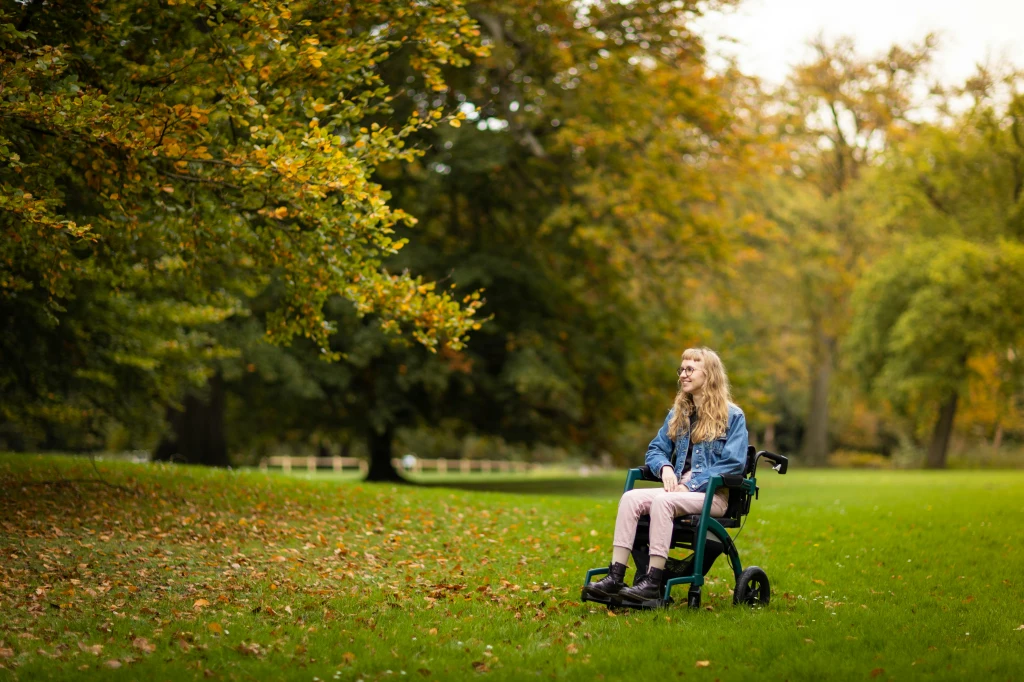Throughout the Bible, God, Jesus, Psalmists, prophets, etc. refer to God’s compassion for the orphan and the widow. From a modern standpoint, one might wonder why these two constantly go hand-in-hand. Understanding what they represent helps us fathom God’s heart for the marginalized.
In the patriarchial times when the Bible was written, a person without a father, husband or son did not have a caretaker. Hence, widows and orphans were basically helpless and at the mercy of others’ charity. Again and again, God commands the Hebrews to care for them and reiterates His love for them.

Thanks mostly to our government programs, widows and orphans are not the most pitiful people in society anymore. If the events of scripture unfolded today, these two group names would surely be replaced. Some options might include old folks with no family or a family who doesn’t visit…those addicted to hard drugs that have/will ruin their lives…those serving prison sentences…those who are homeless or living in extreme poverty…immigrants…women and children being abused…the list goes on. It’s also the people we avert our eyes from, hoping they won’t come close to us or talk to us–those who look dirty, sketchy, “not all there.”
Some may take issue with my “modern conversions” because of the implications. Orphans and widows faced their circumstances through no fault of their own, whereas most of my examples played a small or large role in their own outcome. Here, we reach an impasse where many Christians draw a line and justify apathy or even contempt. “That person chose to stick the needle in their arm; that person could pull themselves up by the bootstraps; let them lie in the beds they made. God helps those who help themselves.” Many more Christians never see–I mean, really SEE–the marginalized clearly enough to even have those thoughts. The groups I mentioned, along with all the others in our world suffering from pain, oppression, and dire need, struggle for acknowledgement in the tiny boxes that hold the contents of our self-absorbed minds and quaint lives. In many ways, in many places, the rough edges of prophetic Christianity have been filed down to leave a pretty religion that only requires church attendance and tithes (or, for some, saying a prayer over Thanksgiving dinner and holding some vague belief in God).

Pursuing God’s heart, following Jesus, and living in the Spirit means going above and beyond–above and beyond ourselves to really see our neighbors, including and especially the marginalized–going above and beyond our superiority complexes and judgement to realize others are not unworthy of our help and love–going above and beyond our lives of comfort and privilege to make a Kingdom-shaped difference in our communities. We must go above and beyond the motions.
Jesus, the embodiment of God, also ministered primarily to the marginalized. And unlike the widow and the orphan, many of them were lying in the beds they made. Jesus had mercy for the Hebrew collecting taxes for Rome and likely skimming off the top, the woman who had married five husbands, the woman caught in adultery. He had little patience, however, for the religious elites. The main thing about them that was so repulsive to Jesus was their condescending arrogance. They knew the letter of the Law of Moses but disregarded the spirit of it; they were adamant about rules and regulations but had forgotten the commandment to “love your neighbor as yourself” and God’s preference for the poor, the needy, the oppressed, the foreigner…and, of course, the orphan and widow. Some of us Christians resemble the religious elites far too closely–caring about our religious traditions more than our fellow human beings.
I’m thankful God’s grace doesn’t carry the footnote, “*Unless the person screwed up of their own accord.” I’m thankful He doesn’t make us lie in the beds we make. And I’m thankful that He always has and always will care for the marginalized, whether it’s orphans, widows, or anyone else in need.
Thanks for reading! What groups do you see as modern day orphans and widows? Let me know in the comments.
P.S. I have a YT channel with two videos, and I’m editing one today to go up this weekend about the letter vs. the spirit of the Law. The last video is on my homepage and posted below. It would mean so much to me if you watched and/or subscribed!





Leave a comment